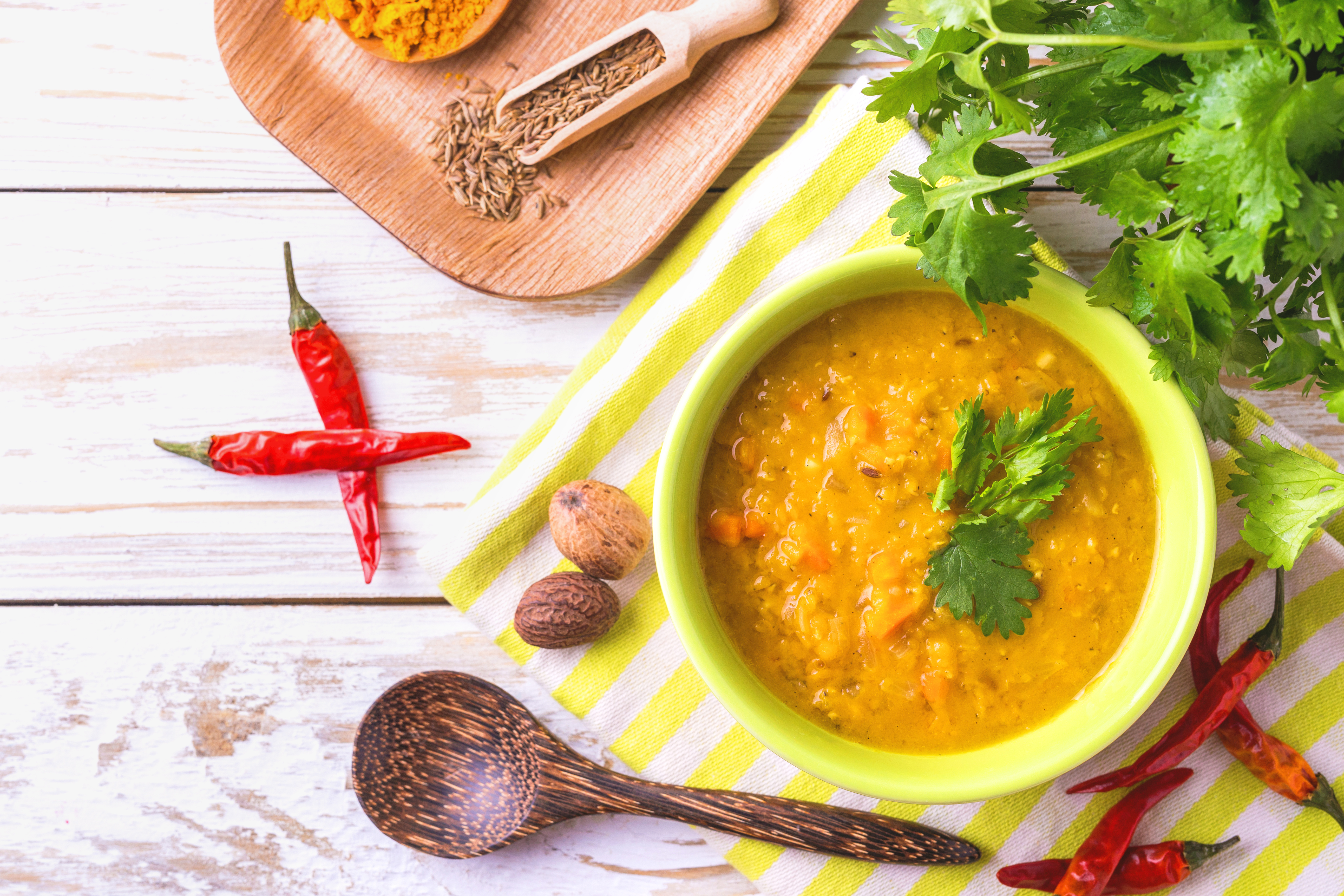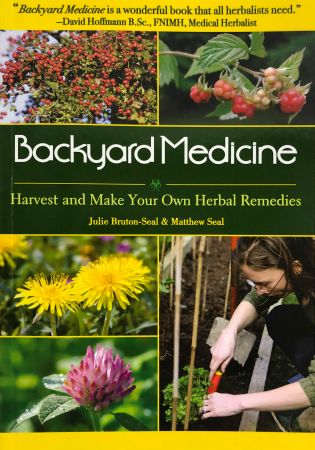Is Turmeric Safe?
Published: Wed, 10/03/18
October 3, 2018
Is Turmeric Safe? David Christopher, M.H.

In an article written by Rachael Rettner, senior writer /Live Science as reported in Fox News on September 18th 2018 the question was asked, “Is turmeric behind woman’s liver problems?”
Seeing the title before reading the article, my initial response was, “Of course not!” In the article it is reported that a 71-year-old woman developed a rare liver disorder after consuming turmeric. If this is the case, then why don’t a billion people in India where turmeric is consumed daily have the same rare liver disorder?
I then read that she was also taking 20 different medicines and supplements. Again, my initial response was validated. There is no way you can so much as suspect that turmeric or any other spice or herb is responsible for this women’s liver conditions while she is downing 20 man-made chemical products. The report goes on to state that eight months after starting the turmeric a blood test showed elevated levels of liver enzymes, a sign of liver problems. After she stopped taking the turmeric her doctors noticed a rapid decrease in her levels of liver enzymes. This raising and lowering of liver enzymes assured the doctors that it was indeed turmeric that was responsible for her liver problems.
Before we throw turmeric under the bus, let us remember that turmeric is anti-inflammatory and will help the accompanying liver inflammation. Other actions of turmeric would include being a heptatonic and a hepatoprotective, as found in turmerone, curcumin and niacin. These are just a few constituents found in 11 pages of turmeric constituents and their actions.
Finally, we should realize that the liver produces enzymes to neutralize and transform harmful substances. Yes, having high enzyme levels alerts us to the fact that problems exist; but let’s not forget that the liver uses enzymes to alter and correct that problem. The constituent cineole found in turmeric stimulates the P450 enzyme system of the liver, so of course tests will show higher levels of liver enzymes when turmeric is used (this is good). Consequently, when turmeric is stopped and the enzyme level drops (this is bad) the liver loses one of its valuable tools. What is truly sad is that the excess intake of chemicals (the 20 drugs) doesn’t stimulate the liver, is being stored, and is causing stress and inflammation.
In summation: turmeric does not cause liver problems but stimulates a sluggish liver to function by releasing enzymes.
David Christopher is a Master Herbalist and the director of The School of Natural Healing. He also cohosts the popular radio show "A Healthier You" and is a popular international teacher and lecturer.
Printable Version: http://herballegacy.com

Our back to school sale offers students the opportunity to further their education by joining a discounted payment plan for our full Master Herbalist program. Online payment plans are $130.00 per month and Correspondence plans are $230.00 per month. Each payment results in one of our 22 levels being released. As always you will have 3 years to complete the full program. (If you have already been studying with us, we'll let you start a payment plan from the level you are currently
on).
A Healthier You Radio show is back!
Listen live every Monday morning at 11:30 Mountain Time.
Click here for the link to listen to our live show
David Christopher is now on Twitter!
You can follow David @DChristopherMH

Curry Soup
3 carrots
1 onion
1 large potato
3 celery stalks
2 Anaheim chiles
½ bell pepper
2 garlic cloves minced
½ lime (squeeze the juice)
2 tablespoon coconut oil
1 tablespoon turmeric
½ teaspoon each of: cinnamon, ginger, coriander, cayenne,
chili powder, cumin and smoked paprika
1-2 teaspoons salt (to taste)
1 can coconut milk
3-5 cups water, according to desired consistency
Over medium heat sauté the celery, onion, chiles, carrots, potato and bell pepper in 1 tablespoon of coconut oil for 3 minutes. For the last minute put in the minced garlic. Add the can of coconut milk and water and bring to a simmer. In another pan, place 1 tablespoon coconut oil and the turmeric on low heat for 2-3 minutes. Turmeric's medicinal properties are drawn best in a low heat with oil. Then add all the rest of the spices. Once mixed, add to the vegetables and coconut milk mixture. Let simmer until the potato and carrots are soft and the flavors have had a chance to blend well (about another 5 minutes).
This can be served over cooked quinoa, brown rice, fresh spinach, or served as a soup. This recipe is best served on a cool day.
Serves 5
Recipe by Kelly Pomeroy
Printable Version: http://herballegacy.com
Herbal Resource Links
- Herbal Legacy - http://www.herballegacy.com - Our free information website
- The School of Natural Healing - http://www.snh.cc - Quality Education since 1953
- Christopher Publications - http://www.christopherpublications.com - Dr. Christopher's books and more
- Christopher Websites - http://www.christopherwebsites.com - Find all Christopher websites and other great resources
- A Healthier You Radio Show - http://www.ahealthieryouradio.com - Free weekly radio show
The School of Natural Healing: http://www.snh.cc
Christopher Publications: http://www.christopherpublications.com
NOTICE: All information in this newsletter is given out as information only and is not intended to diagnose or prescribe. For our official Disclaimer, Biological Individuality, Important Notice & Terms of Use please see: http://www.herballegacy.com/Disclaimer.html
This newsletter is sent by permission only - you can unsubscribe quickly and easily by clicking the link below.
.


